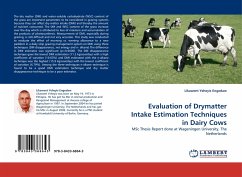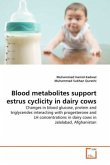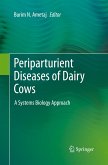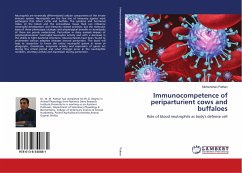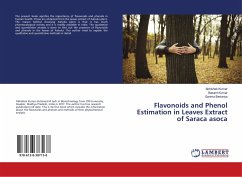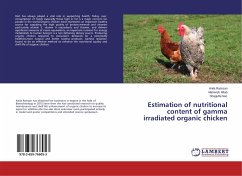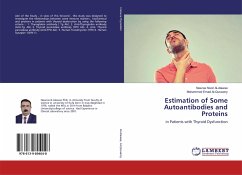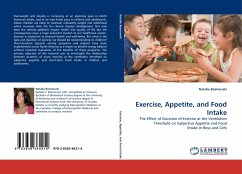The dry matter (DM) and water-soluble carbohydrate (WSC) content of the grass are important parameters to be considered in grazing systems because they can affect dry matter intake (DMI) and thereby the amount of nutrient consumed. The DM and WSC content of the grass increase over the day which is attributed to loss of moisture and accumulation of the products of photosynthesis. Measurement of DMI, especially during grazing, is still difficult and not very accurate. This study was conducted to evaluate the effect of morning vs. evening allowance to a new paddock in a daily strip grazing management system on DMI using three techniques (DM disappearance, net energy and n- alkane).The difference in DMI estimates was significant (p=0.0000). The DM disappearance technique gave the lowest DMI estimation (11.2 kg/cow/day) with a high coefficient of variation (10.63%) and DMI estimated with the n-alkane technique was the highest (15.9 kg/cow/day) with the lowest coefficient of variation (4.79%). Among the three techniques n-alkane technique is found to be a good DMI estimation technique and dry matter disappearance technique to be a poor estimator.
Bitte wählen Sie Ihr Anliegen aus.
Rechnungen
Retourenschein anfordern
Bestellstatus
Storno

